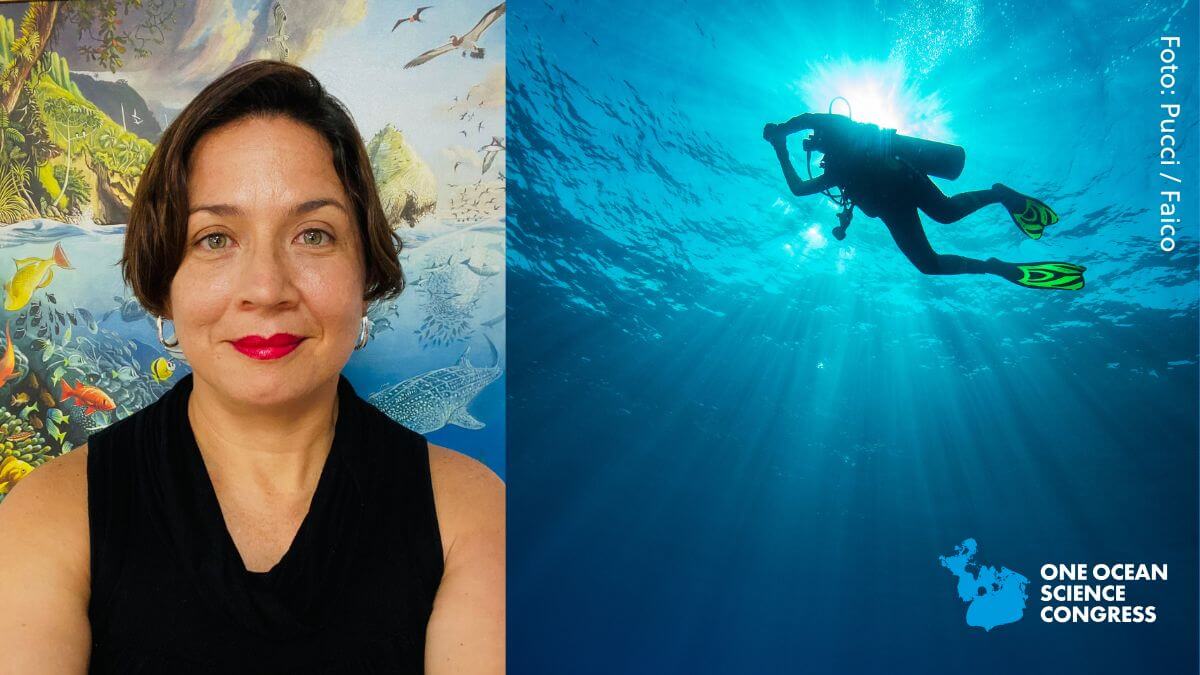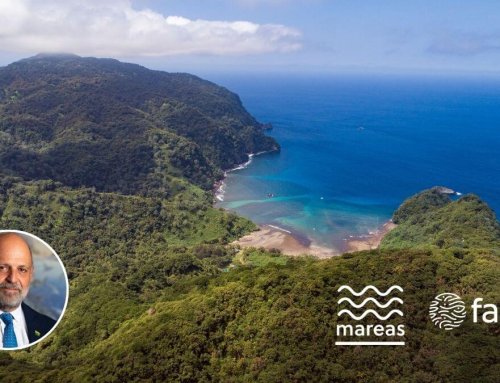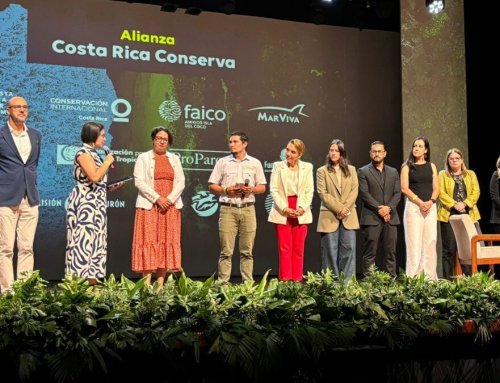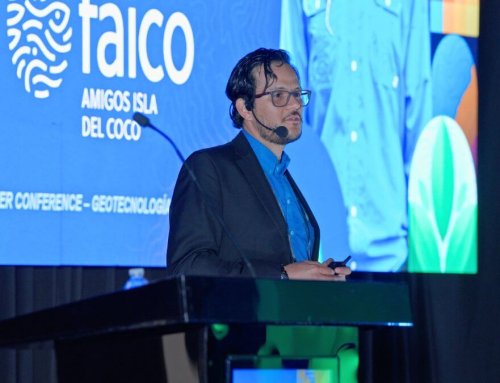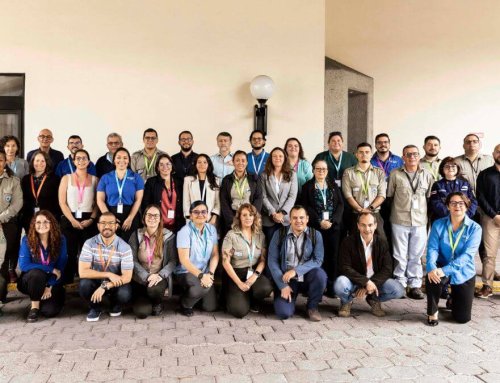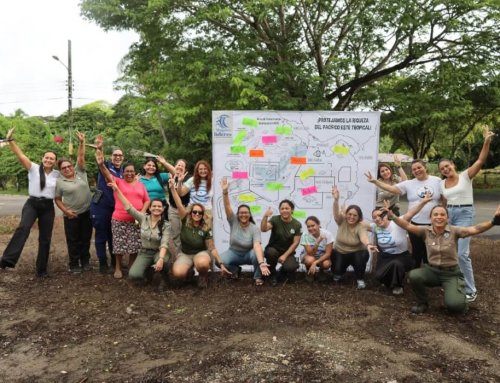San José, July 4, 2025. The United Nations Ocean Conference (UNOC), held in Nice in June 2025, emerged as a key event to strengthen global action in defense of the ocean. One of the pillars of this conference was the One Ocean Science Conference (OOSC), which brought together researchers, policymakers, civil society representatives, and economic actors with a shared goal: to promote science-based decisions to protect ocean health.
The OOSC was co-organized by France’s National Center for Scientific Research (CNRS) and the French Research Institute for Exploitation of the Sea (IFREMER), in coordination with initiatives such as the UN Ocean Decade, and with support from various organizations, including the University of Costa Rica and the National University of Costa Rica.
The conference drew 2,000 scientists from around the world, who took part in roundtables, keynote sessions, 500 oral presentations, 620 scientific posters, a formal opening ceremony, and the support of four international ambassadors to amplify the message of science and the oceans.
It is an honor for our organization and the region to share that, within the framework of this conference, our Executive Director, Ms. Alejandra Villalobos, was selected as one of these ambassadors.
Alejandra has collaborated with FAICO since 2002 and assumed her role as Executive Director in 2010. With more than 20 years of experience, she has led strategic alliances with governmental, international, business, academic, and social sectors to strengthen the conservation of the Cocos Marine Conservation Area (ACMC) and adjacent ecosystems, including the Eastern Tropical Pacific Marine Corridor. She has driven initiatives in fundraising, communication, and awareness on key issues such as surveillance, natural resource management, sustainable tourism, and research.
Together with the other ambassadors, her role focused on serving as a spokesperson and connector among the diverse stakeholders present at the conference, to underscore the importance of science as a key pillar for decision-makers, promote innovative solutions, and create inclusive spaces.
The challenges and opportunities related to the ocean demand informed and equitable global action. The conference addressed ten core themes, including the integration of knowledge systems with responsibility and respect for marine ecosystems; advancing ocean-based approaches to support climate change mitigation and adaptation in line with the Paris Agreement; and protecting and restoring marine and coastal ecosystems. It also highlighted the need to deepen knowledge of the ocean’s depths for sustainable use, ensure equitable access to marine genetic resources, and improve transparency in the fisheries sector, particularly in the face of illegal fishing.
The sustainability and security of ocean food systems, the fight against plastic pollution, decarbonizing maritime transport, and strengthening of a Dynamic and accessible science, are fundamental pillars for achieving fair and effective ocean governance.

